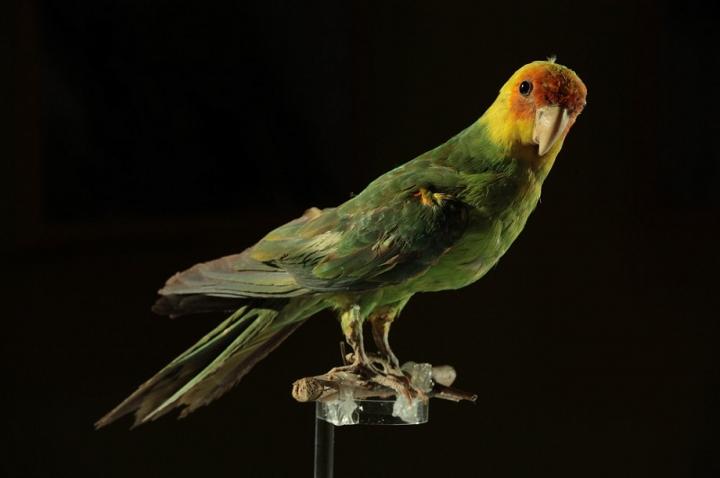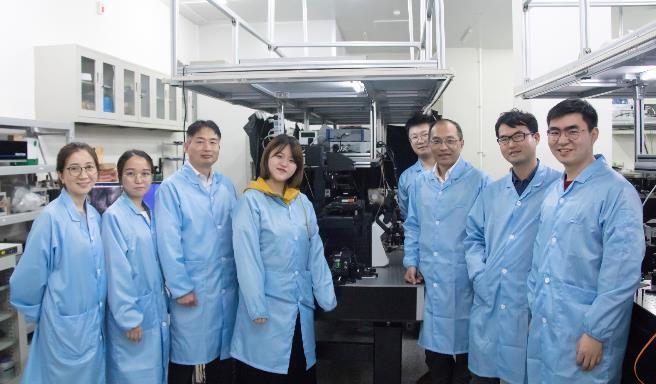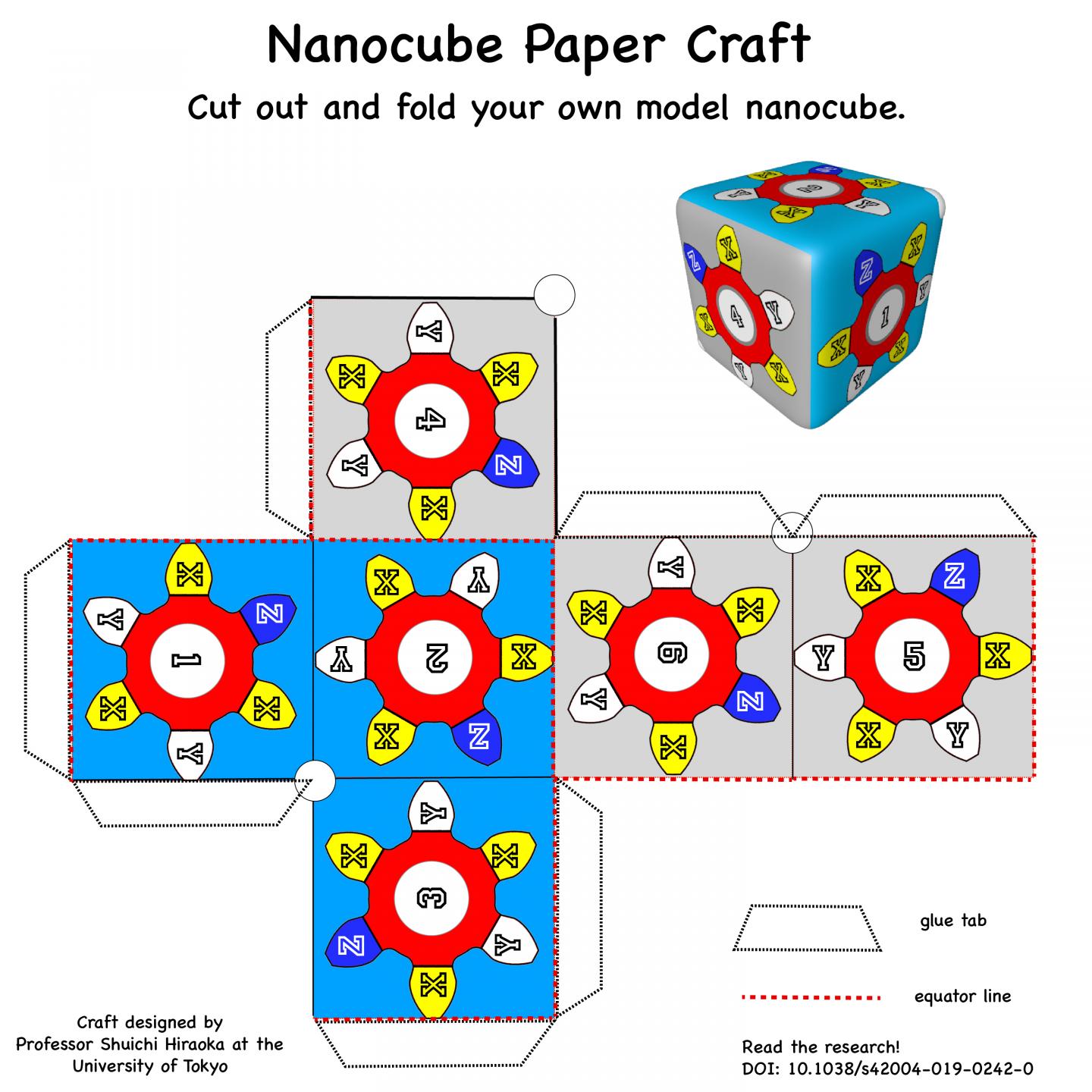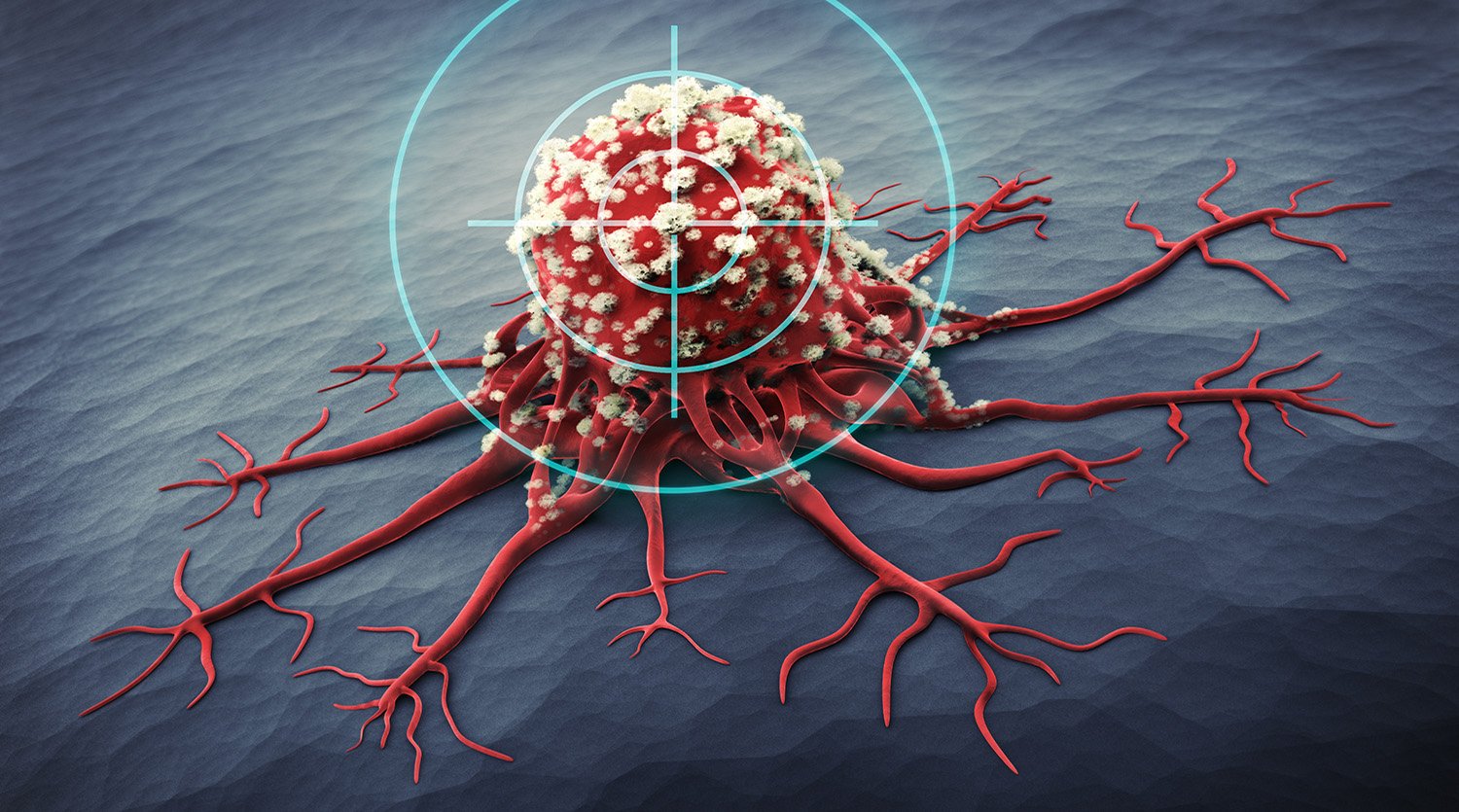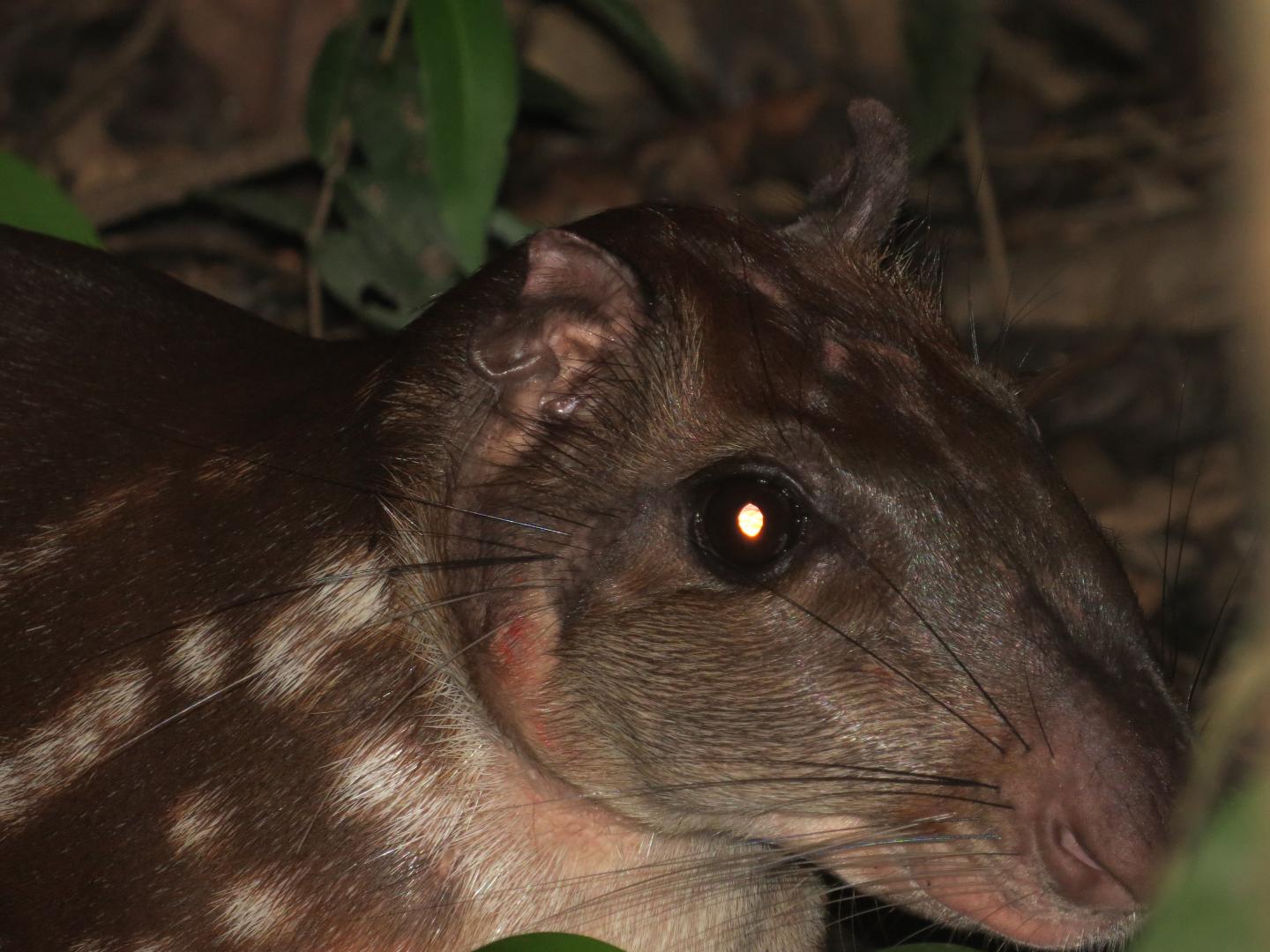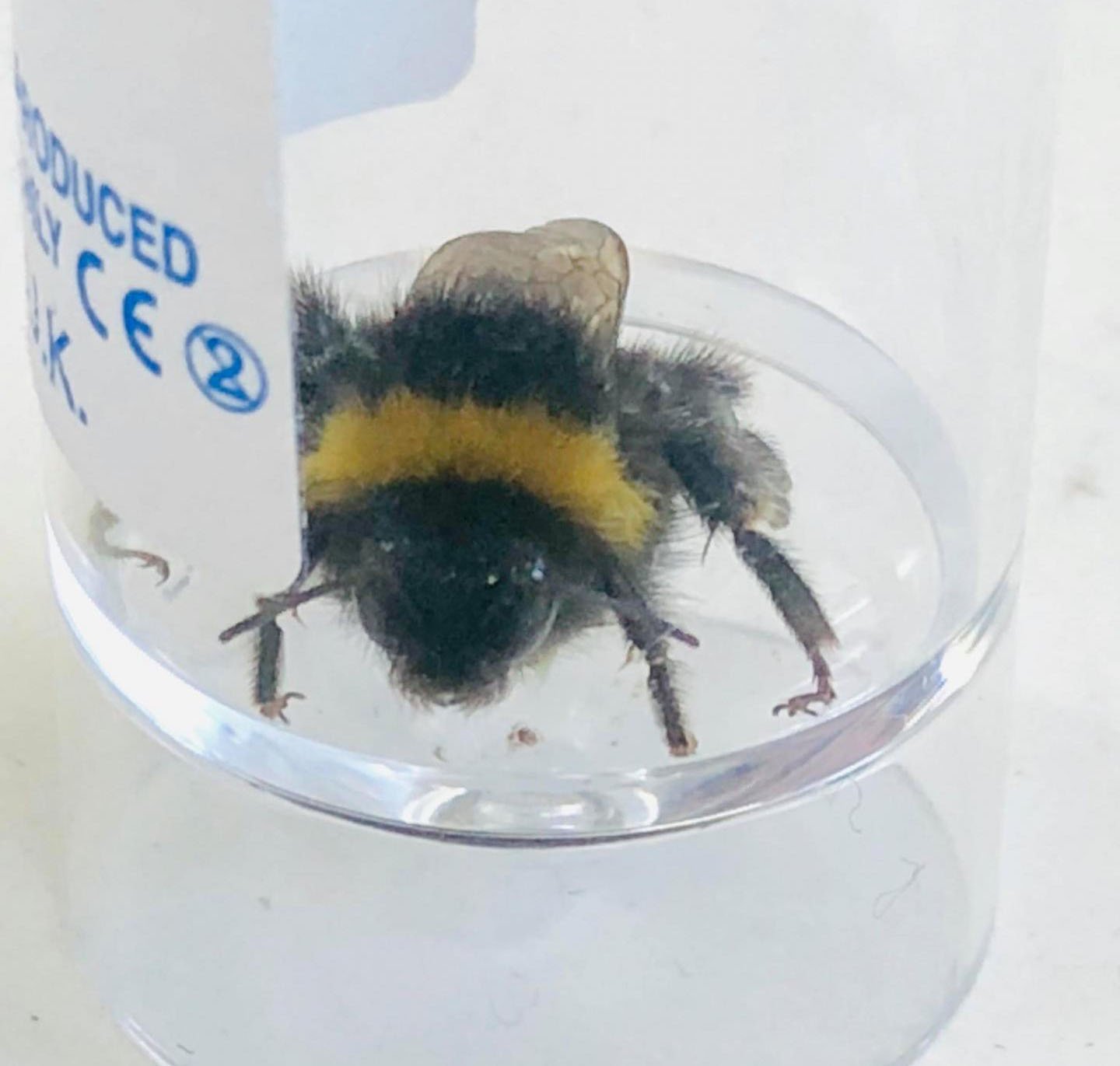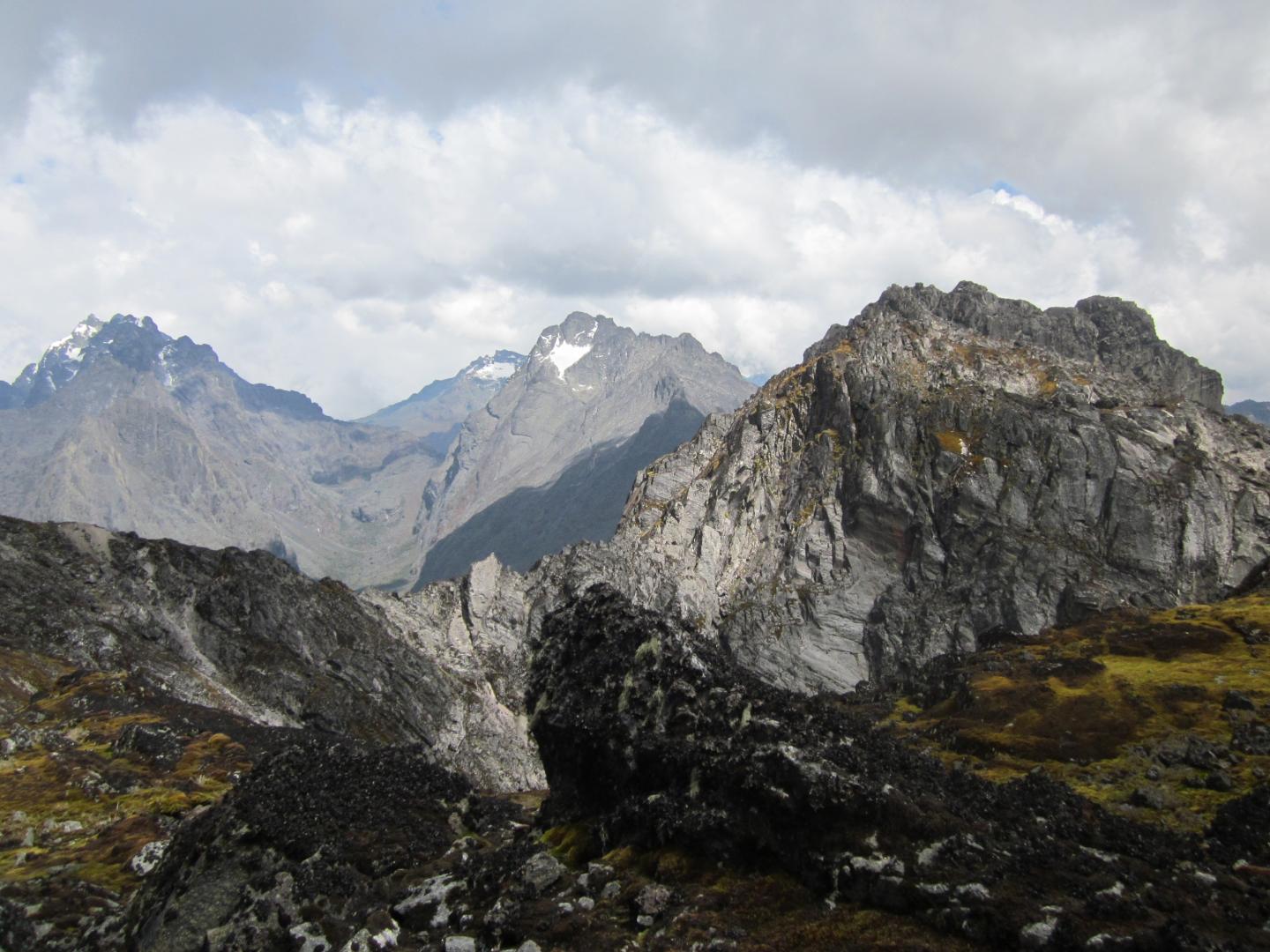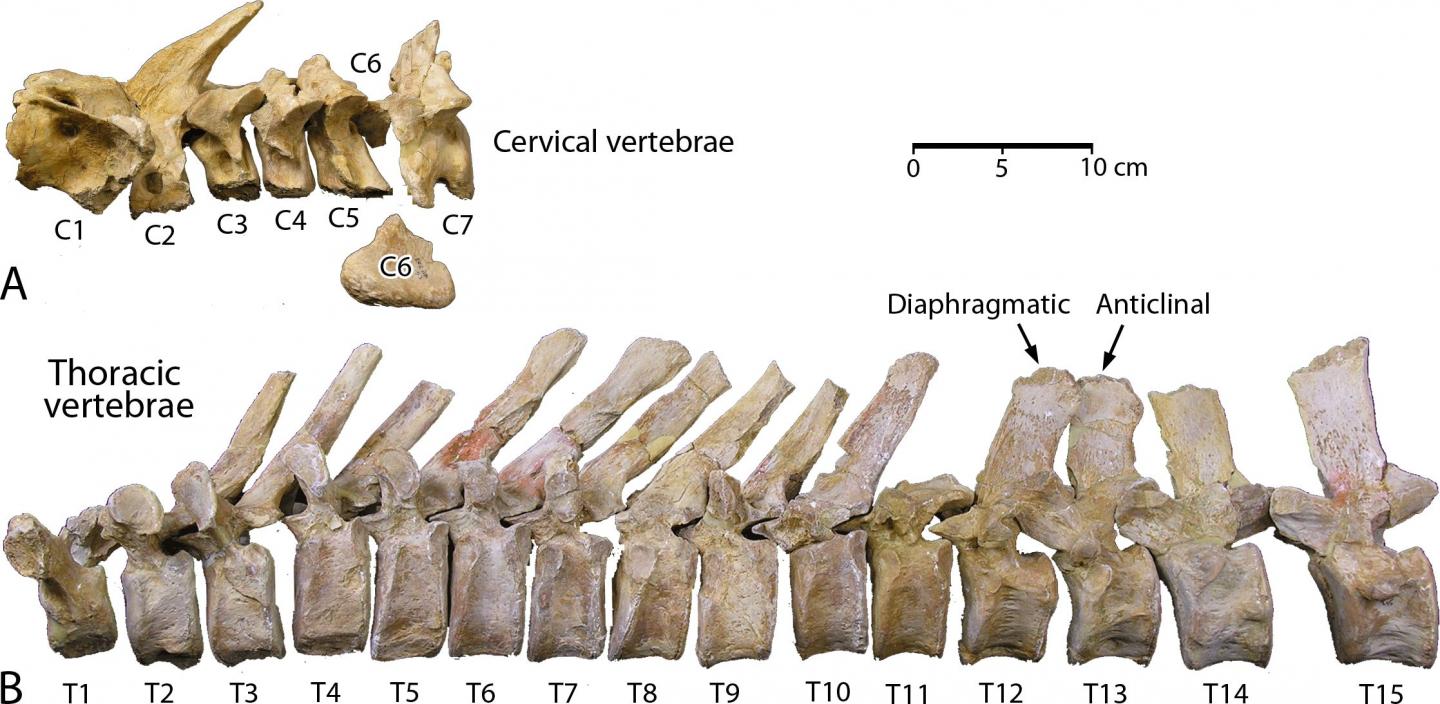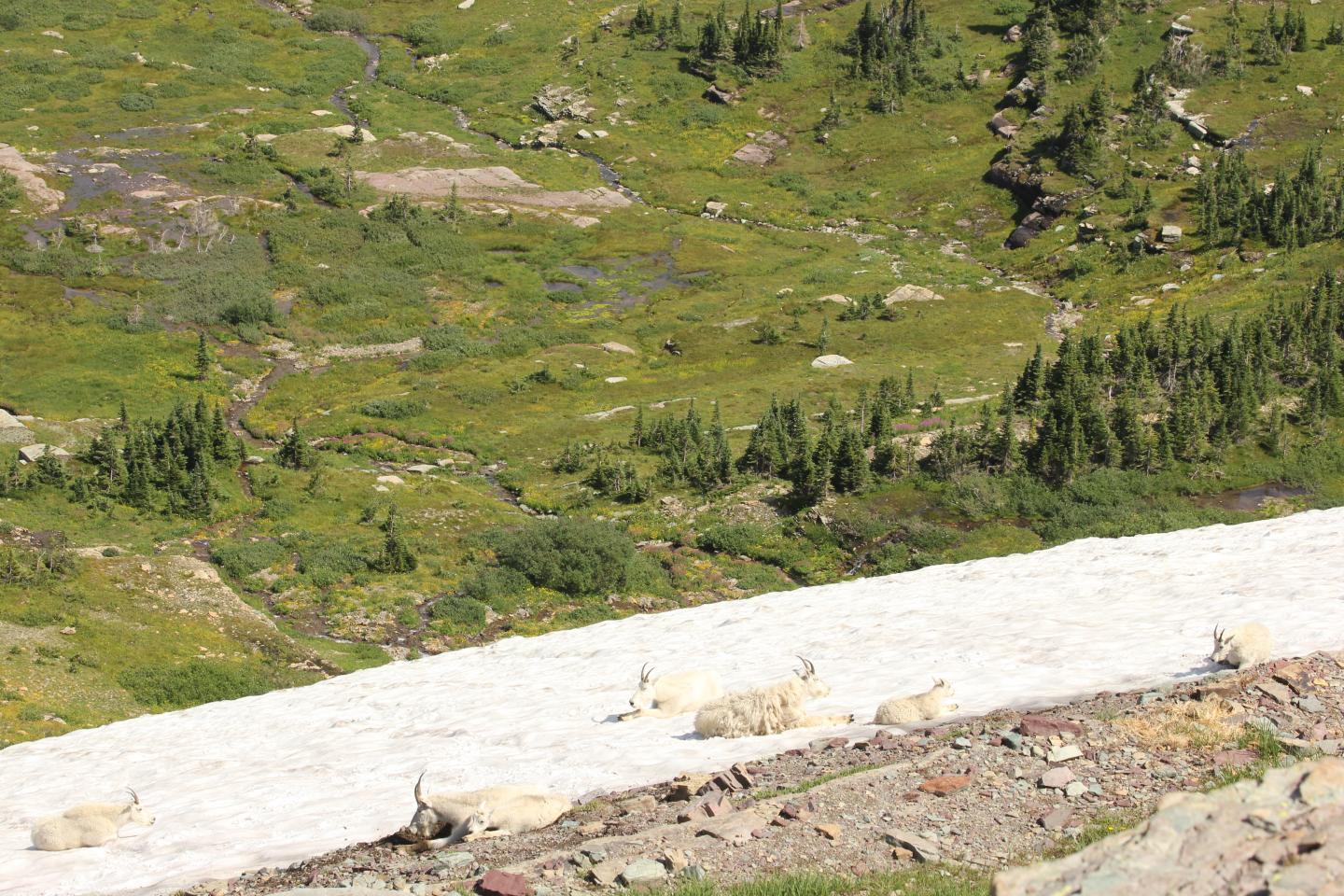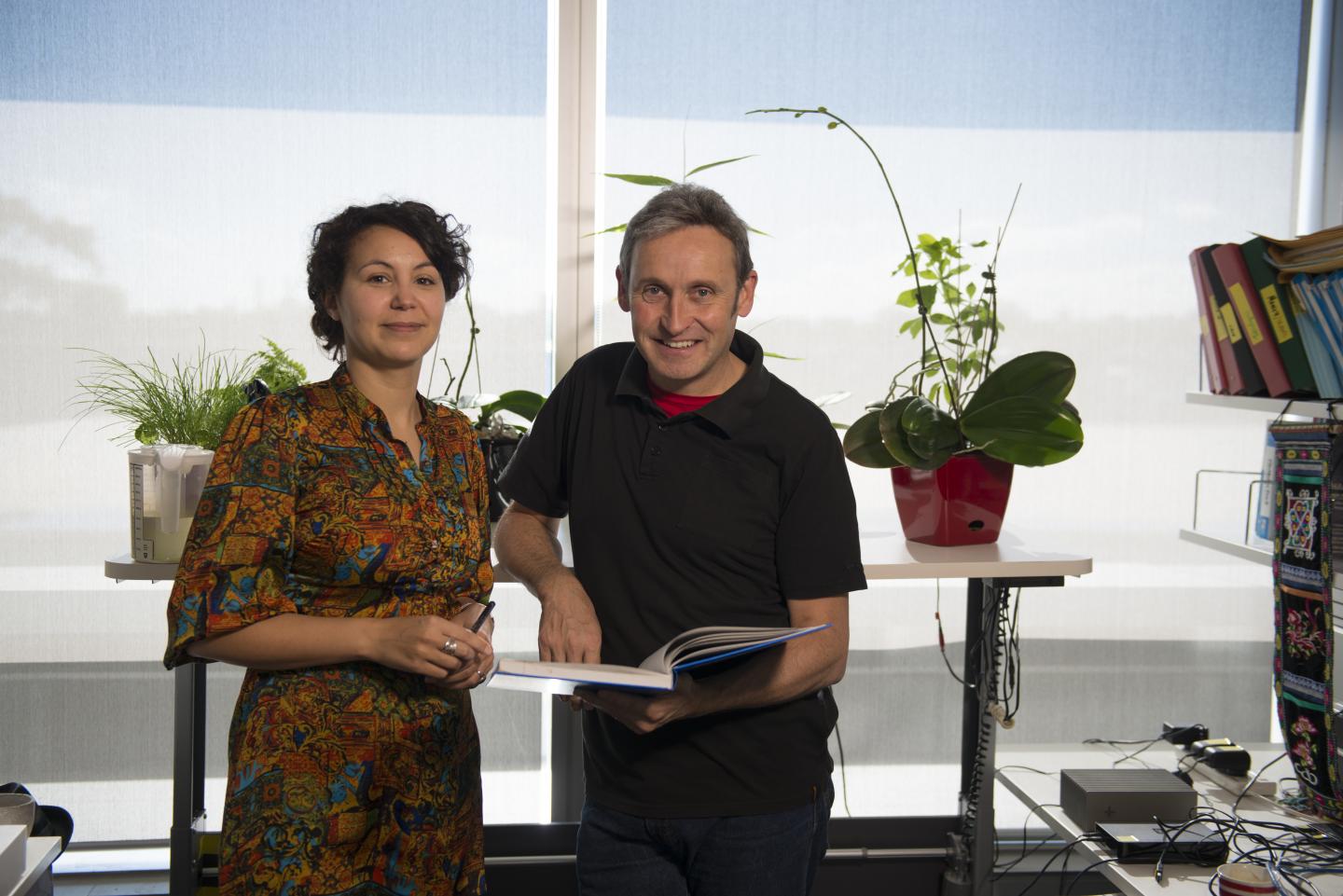Carolina parakeet extinction was driven by human causes, DNA sequencing reveals
Researchers from the Institute of Evolutionary Biology (IBE, a joint institute of the Pompeu Fabra University (UPF) and the Spanish National Research Council (CSIC)) in Barcelona and the Globe Institute at the University of Copenhagen have unveiled the genome of the Carolina parakeet, declared extinct at the beginning of the 20th century. Researchers explored the … Read more
